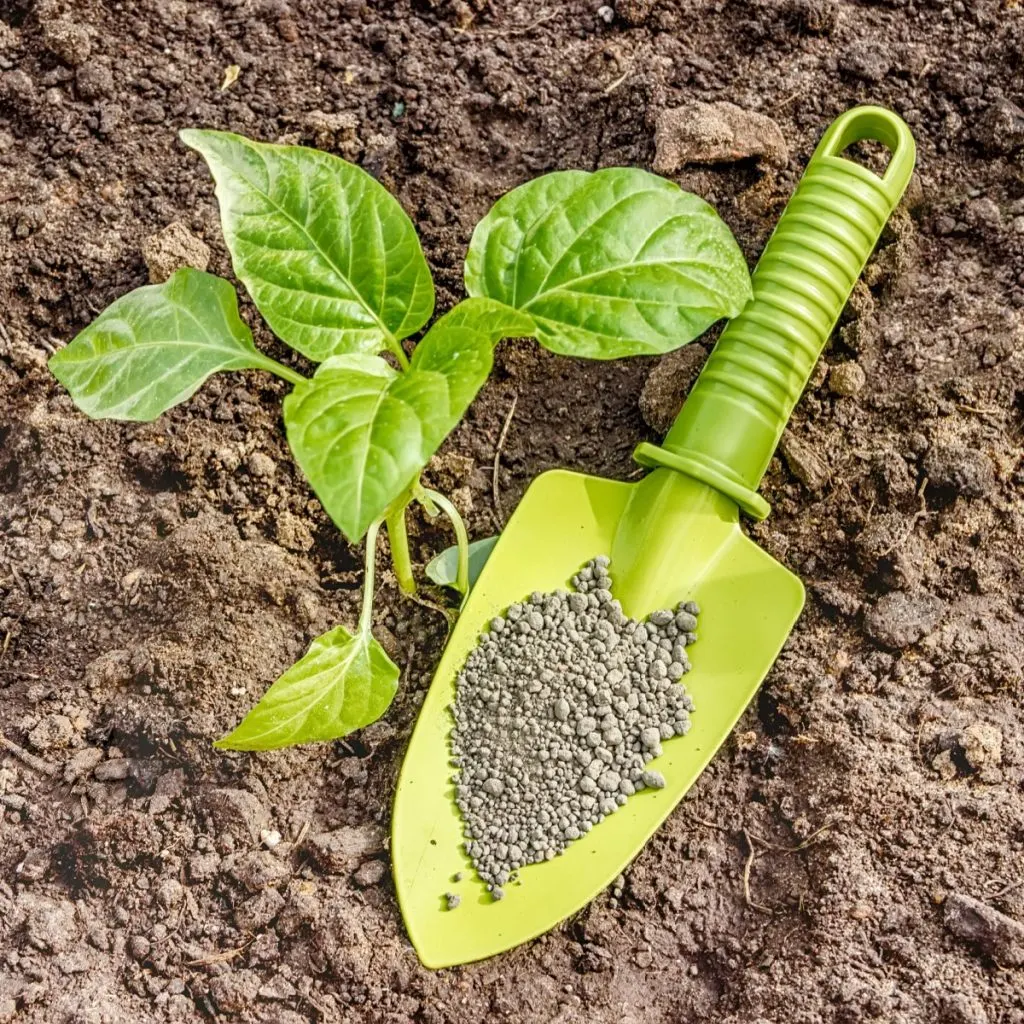Organic Vs. Synthetic Fertilizers: Which Is Best for Supporting Healthy And Balanced Pepper Plants?
In the realm of supporting healthy and balanced pepper plants, the option in between synthetic and natural fertilizers stands as a crucial choice with significant implications. While both choices goal to supply vital nutrients to support plant growth, the subtleties of their influence on the soil, plant health and wellness, and the environment stimulate a dispute that mirrors throughout the horticulture community. Comprehending the unique advantages and possible mistakes of each fertilizer type is critical for pepper growers looking for to maximize their returns while maintaining a lasting and eco-conscious approach.
Benefits of Organic Fertilizers
Organic plant foods supply a lasting and environmentally-friendly strategy to nourishing pepper plants, offering vital nutrients without the use of artificial chemicals. These natural plant foods are acquired from natural resources such as compost, manure, bone dish, and algae, advertising soil health and biodiversity. Unlike synthetic plant foods, organic choices launch nutrients slowly, making sure a consistent and well balanced supply for pepper plants to flourish.
One considerable advantage of organic fertilizers is their capacity to improve dirt structure and water retention. By improving dirt wellness, natural fertilizers promote helpful microbial task, which assists in nutrient uptake by pepper plants. Additionally, natural plant foods lower the danger of chemical run-off, safeguarding water resources from pollution and protecting the atmosphere.
Additionally, organic plant foods add to long-lasting soil fertility by promoting the development of advantageous dirt microorganisms. These organisms assist break down natural matter, releasing nutrients in a type that is quickly available to pepper plants. best fertilizers for peppers. By cultivating a healthy soil environment, organic fertilizers sustain sustainable pepper farming methods that profit both plants and the environment
Drawbacks of Synthetic Plant Foods
Artificial fertilizers, in comparison to their organic equivalents, posture numerous downsides when used to nourish pepper plants, impacting both plant health and ecological sustainability. One significant drawback of artificial fertilizers is their tendency to leach nutrients from the dirt promptly. This fast leaching can bring about nutrition inequalities in the dirt, creating plants to struggle with deficiencies or toxicities. Furthermore, artificial fertilizers can damage beneficial soil organisms, such as earthworms and helpful bacteria, disrupting the dirt community's balance.
Additionally, the overuse of artificial fertilizers can contribute to water contamination. Excess plant foods not taken in by plants can remove right into water bodies, leading to eutrophication, where algae blossoms deplete oxygen levels in the water, harming aquatic life. Furthermore, synthetic fertilizers are commonly stemmed from non-renewable resources, such as nonrenewable fuel sources, adding to carbon discharges and environmental deterioration during their production.
Nutrient Absorption Contrast
When contrasting natural and synthetic check my source fertilizers in terms of nutrient absorption, natural plant foods have the advantage of supplying a much more well balanced and slow-release resource of nutrients. Organic fertilizers include a selection of macro and micronutrients that are not only helpful for the plants however likewise promote healthy dirt microbial task, which helps in nutrient uptake.
Additionally, organic plant foods enhance soil framework and water retention capability, allowing pepper plants to access nutrients more effectively. This enhanced soil quality facilitates root growth, making it possible for far better nutrient absorption. Artificial fertilizers, although at first improving plant growth as a result of their high nutrient concentrations, may prevent lasting nutrient absorption by degrading dirt health with time.
Environmental Impact Considerations

On the other hand, artificial plant foods, although usually even more focused and promptly offered to plants, can have harmful results on the setting if not used properly (best fertilizers for peppers). Their manufacturing requires high power inputs, leading to greenhouse gas emissions and adding to climate adjustment. The overflow of excess synthetic fertilizers can contaminate water resources, leading to eutrophication and harming water ecological my response communities.
Best Fertilizer Practices for Peppers
To accomplish this, it is vital to comply with finest fertilizer methods tailored to the specific needs of pepper plants. One crucial practice is to perform a dirt examination before applying any plant foods.
An additional crucial method is to fertilize pepper plants at the correct time. Typically, peppers gain from obtaining fertilizer at planting and after that once again when they start to flower. Over-fertilizing can lead to nutrition imbalances and harm the plants, so it is crucial to adhere to suggested application prices.
In addition, choosing a well balanced fertilizer with an NPK ratio that matches pepper plants' demands is basic. Ultimately, integrating artificial and organic fertilizers deliberately can assist support healthy pepper plants while reducing ecological effect.
Verdict

Organic fertilizers use an environmentally-friendly and sustainable technique to beneficial pepper plants, providing necessary nutrients without the usage of synthetic chemicals. Unlike synthetic plant foods, natural alternatives release nutrients slowly, making sure a balanced and consistent supply for pepper plants to grow.
Synthetic fertilizers, in contrast to their organic counterparts, posture various disadvantages when utilized to nourish pepper plants, affecting both plant wellness and environmental sustainability. When comparing synthetic and organic fertilizers in terms of nutrient absorption, organic fertilizers have the advantage of giving an extra well balanced and slow-release source of nutrients.Furthermore, organic fertilizers enhance soil structure and water retention capacity, allowing pepper plants to gain access to nutrients a lot more effectively.
Comments on “Best Fertilizers for Peppers: Attain Superior Results in Your Yard”